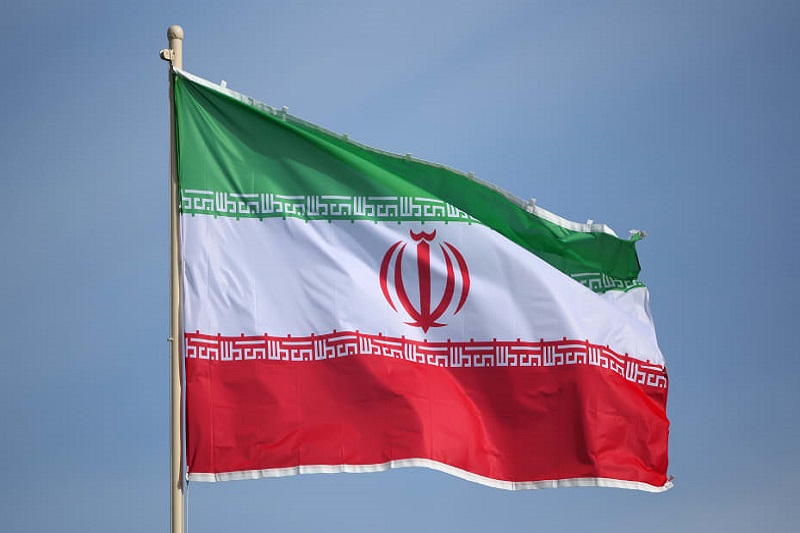Since its inception, the Islamic Republic of Iran has faced a lot of protests in response to economic, social, and political grievances. Amid the economic crisis, the foreign policy of Iran has been criticised by various countries.
Under President Sayyid Mohammad Khatami, Iranian foreign policy underwent a perceptible change: moving away from confrontation towards conciliation. His policy created a great environment for expanding Iran’s relations with the world powers. However, Iran’s relations with the United States were still marred by mutual suspicion and distrust.
The Islamic Republic of Iran had been considered a hostile state since the fall of the Shah in 1979. Mohammad Reza Shah was the last Shah of the Imperial State of Iran.
The seizure of the US embassy in Tehran, the capital of Iran, and the call for the export of Islamic revolution throughout the Gulf region affected the country.
Earlier, protests erupted in Iran over fuel prices in 2019. Around 1,500 people were killed in a crackdown on protesters. Dozens of protests have also been held across Iran in recent months over deteriorating living conditions. Iran’s exchange rate has also been depreciating with strong volatility over the last few years. Protesters have blamed the government and economic mismanagement for their problems. They blamed the current Iranian President, Ebrahim Raisi, for not doing anything to help them.
Related Posts
Earlier, a joint statement by France, Britain, and Germany criticised Iran for its demand to close the United Nations nuclear watchdog’s probe. These countries also blamed Iran for “jeopardizing” the nuclear talks. However, Tehran termed the European statement as “ill-considered” and “against the goodwill” to salvage the deal.
The JCPOA (Joint Comprehensive Plan of Action) participants and the US held 15 months of intense and constructive negotiations in Vienna, the Capital of Austria, about the nuclear deal. Under the 2015 nuclear accord or JCPOA, Iran was asked to limit its nuclear activity to civilian purposes, and in return, world powers said to drop their economic sanctions against Iran.
However, in recent months, European Union (EU) foreign policy chief Josep Borrell criticised Iran for salvaging the talks. Iran demanded stronger guarantees from the US for the revival of the 2015 nuclear deal. Britain, France and Germany also said that they had “serious doubts” about Iran’s intentions over the revival of the deal.
The Prime Minister of Israel, Yair Lapid, criticised the indirect talks between Iran and the US. He supported the decision of former US president Donald Trump’s withdrawal from the deal.
Recently, Iran has also been criticised for using violence against protesters. Borrell said that Iran should “immediately stop the violent crackdown on protests and ensure internet access.” Britain and the US also criticised Iran and expressed support for the protesters.
Since the Iranian revolution in 1979, the ruling clerics have strictly enforced the Hijab on women in Iran. Their action has repeatedly been criticised by international organisations. The recent protests targeted the Supreme Leader, Ali Khamenei, and the Islamic regime.
Recently, Albania also cut diplomatic ties with Iran. Albania blamed Iran for cyberattacks and asked Iranian diplomats to leave Albania within 24 hours. However, Iran denied such claims.

